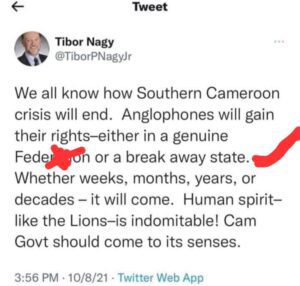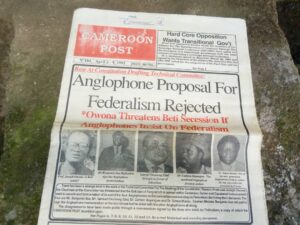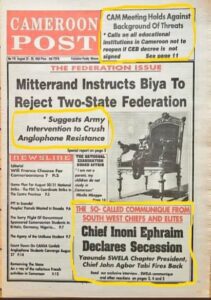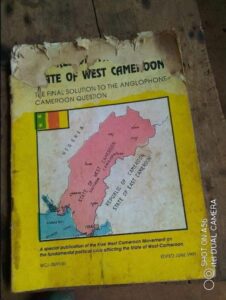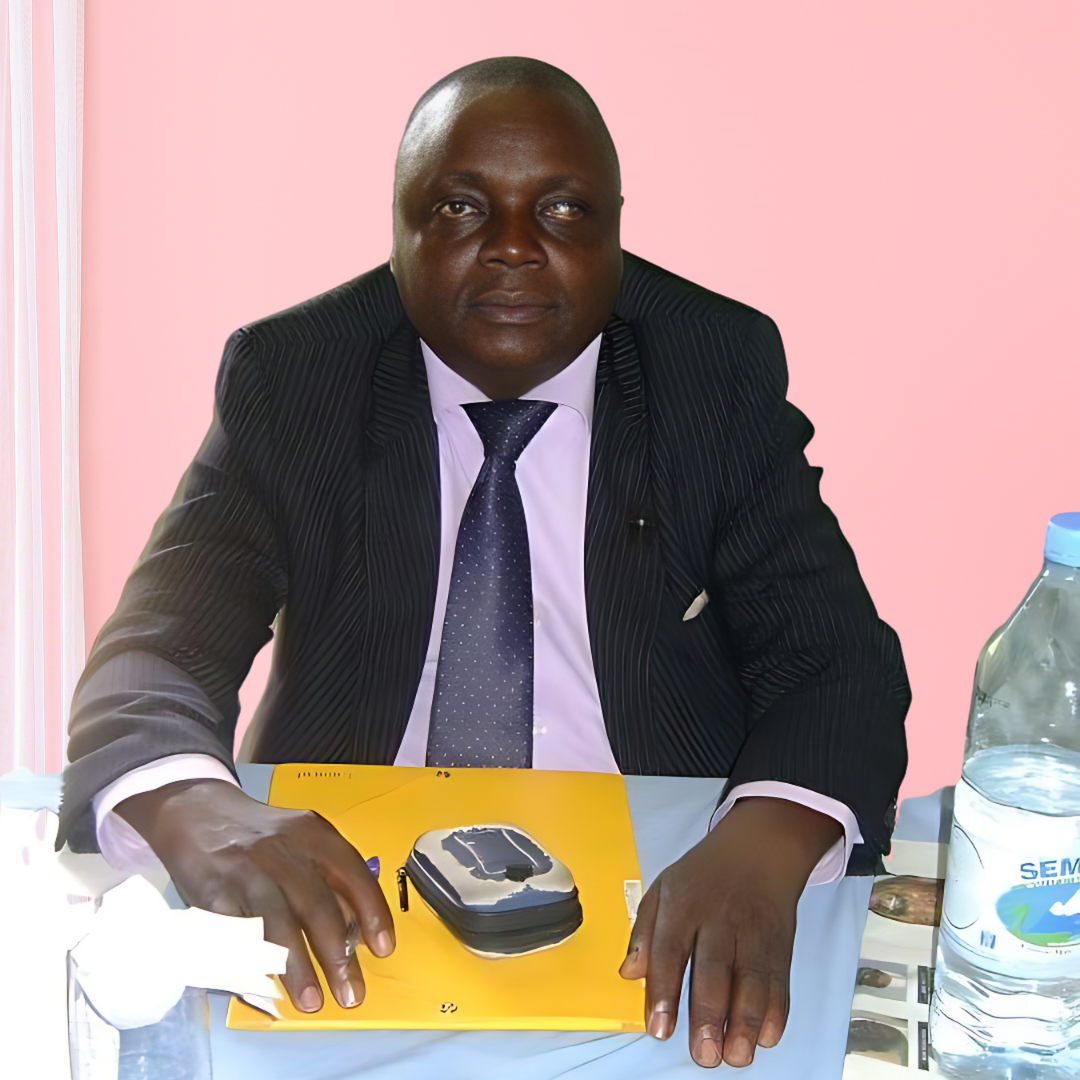The choice of May 20th to celebrate or symbolize national unity is far from the best.
In Cameroon, the celebration will take place throughout the country. On this occasion, Aristide Monod opened the debate on the confusion between the unitary state and national unity, which immediately sparked controversy surrounding the choice of May 20 as National Unity Day in Cameroon. Hello.
Hello, what is the connection between May 20, 1972, and national unity? None. What happened in May 1972 has nothing to do with national unity. There was simply a change in the form of the state, the transition from a federal state to a unitary state.
Since when has the form of the state posed a problem with national unity? The unitary state is a legal concept, something signed on paper, while national unity is a sociological concept. It is more profound because it appeals to the emotional dimension of a country’s members. The form of state organisation, whether federal or unitary, has nothing to do with the feeling of being brothers and sisters, members of the same country.
To think that changing the territorial and political organization of the state creates national unity is to believe that the populations of countries that have not adopted the unitary state as their organizational structure are not united. In other words, there is no national unity. It would be completely stupid to think so.
In November 1972, there was a referendum that was not about national unity, but about changing the state’s organizational structure, the transition from a federal state to a unitary state. We were putting an end to federalism, and the end of federalism has nothing to do with the beginning of national unity. No, it is rather the beginning of the unitary state.
National unity and a unitary state are two completely different things. To argue that the unitary state system creates national unity is to think that federalism creates national division, which would be extremely stupid. We understand why, in 2016, the people of Yaounde, in their legendary madness, had, through the journalist Peter Esoka, then president of the CNC, forbidden the media from letting people pronounce the word “federalism” on their plates.
It was pure madness. And for good reason: according to them, along with their other studies, federalism is the division of the nation, and the unitary state is the unity of the nation. Pure absurdity.
In 2016, according to the experts at Renouveau, calling for federalism was synonymous with calling for the inclusion of national unity, pure and simple ignorance. A simple Google search could have helped these experts in everything realize that there are countries that have adopted federalism, but which claim a national unity more solid than ours, which has strong traces of tribalism, clannishness, and ethno-regionalism. If federalism carried the genes of the inclusion of national unity, the United States would today be the most implosive nation on the planet. Germany would also be in the same situation. However, when it comes to national unity, Cameroon is a grim zero compared to these countries. Let’s even say that we are only little sheep.
You understand that it is through ignorance that we continue to consider May 20, which refers to the day Cameroon abandoned federalism, as the day of national unity. Whether you adhere to federalism as before May 20, 1972, or to the unitary state as after May 20, 1972, if you want to be a united nation, it depends only on you. If the transition from a federal state to a unitary state on May 20 marked the inauguration of national unity, does that mean that when we were in a federal state, there was no national unity? Or if we return to federalism today, as many hope, national unity will vanish in a flash. The left-wing reasoning of these countries, until another comes along to punish all the media that still allow people to utter the word federalism on their airwaves. It’s 2016. The Minister of Communication was Issachiroma Bakary, and the President of the CNC, the President of the National Communication Council, was Peter Esoka.
History will remember this. But for us, from our modest perspective, the next president will have to review this framework for life and how Cameroon operates. And this will require an in-depth sociological analysis of our country’s history.
The choice of May 20th to celebrate or symbolize national unity is far from the best. For example, before October 1st, 1961, which marked the reunification of part of Cameroon, British Cameroon or French Cameroon, we believe this date is a little more important. Between the transition from one form of state organization to another and the reunion of two territories, two peoples of the same country, what is more important to you? From our point of view, it is October 1st, 1961.
Therefore, if it were up to us, October 1st would be the day of the celebration of national unity, the celebration of the reunion between Anglophones and Francophones, the reunion of the two territories. Moreover, October 1st, 1961, is the true day of Cameroon’s complete independence, because January 1st, 1960, is only the independence of the Francophone territory, the independence of Francophones. And it was only with independence, the reunification of British Cameroon on October 1, 1961, that the country finally obtained its full autonomy.
But hey, we put independence in quotation marks because it’s only a facade so far, a cha-cha-cha independence. In defiance of the choice of October 1st as the day of national unity, we would propose February 11th, which always reminds us of the loss of part of our territory and of our brothers who had instead joined Nigeria following the referendum of February 11, 1961. In short, the next president will have to review a little the living environment and the functioning of our country. Have a good day, everyone.
CAMEROON: Major Confusion Between Unitary State and National Unity